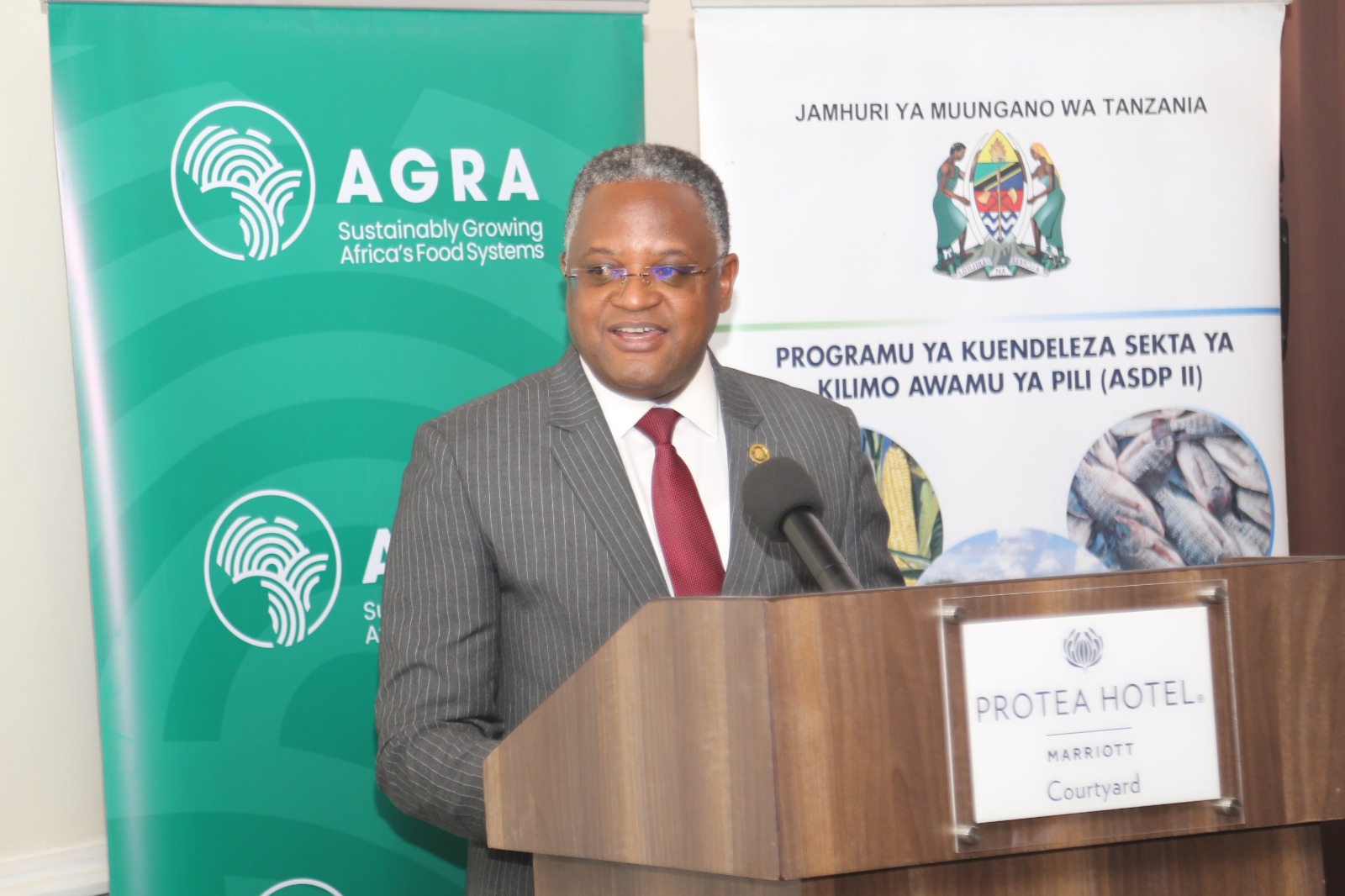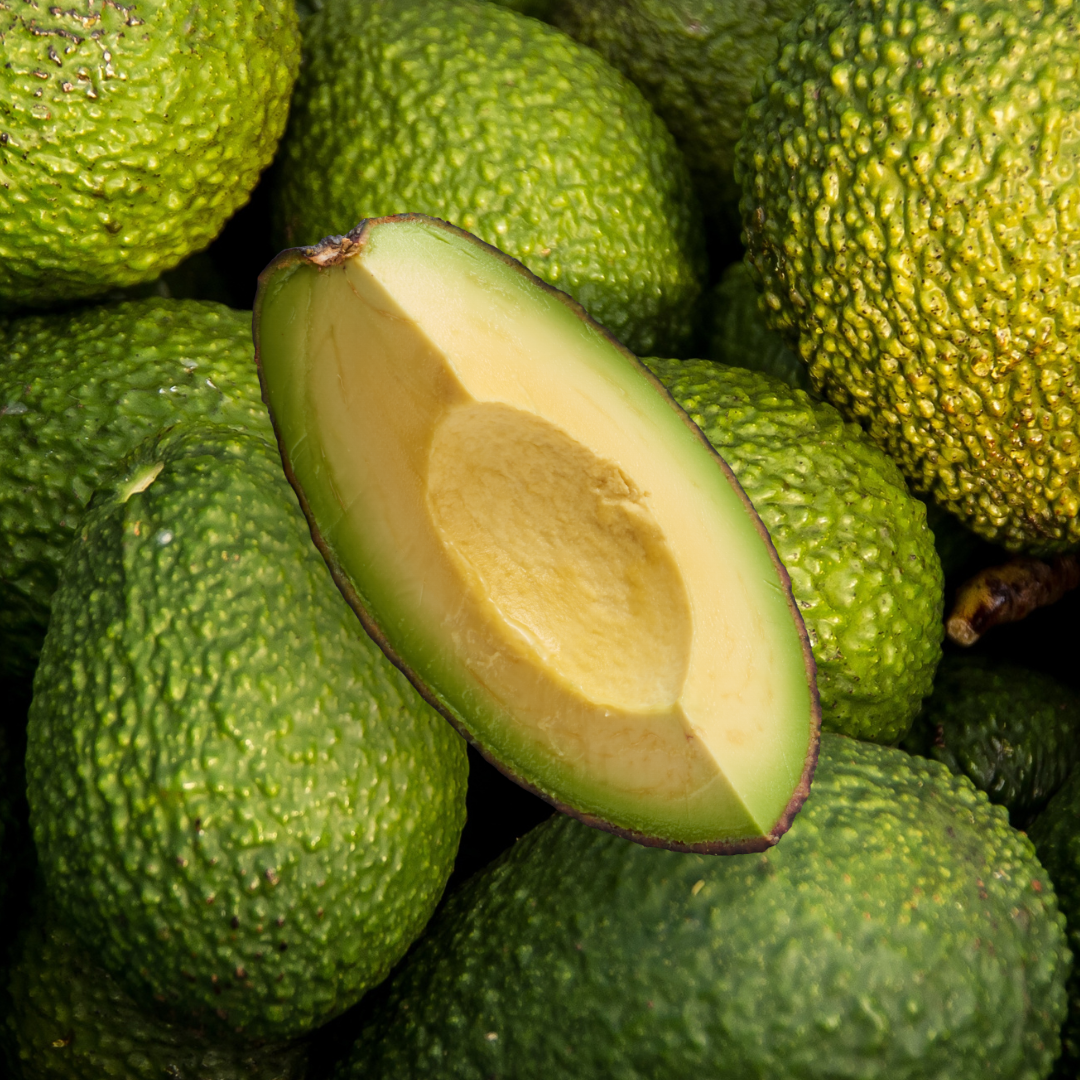Achieving Food Security in Malawi: Strategies for Sustainable Development
Kilimokwanza.org team
Achieving Food Security in Malawi: A Journey from Fields to Policy
On a sprawling farm in central Malawi, Agness, a 42-year-old farmer, is sowing seeds of hope, literally and metaphorically. For years, she depended on maize, the golden grain that is a staple for millions in Malawi. But with climate unpredictability, her maize crops faced frequent failures. The story of Agness reflects a larger narrative of Malawi – a nation with immense agricultural potential but frequently haunted by food insecurity.
Agness’s shift from maize dominance started when local agricultural experts introduced her to the concept of crop diversification. They emphasized the importance of crops like millets, sorghum, and cassava – drought-resistant and nutritionally dense. With these alternatives, Agness was not only ensuring food for her family but also enriching the soil through rotational farming, breaking disease cycles, and reducing her vulnerability to climate adversities.
Beyond Crops: The Ripple Effect of Fisheries
For John Banda, a fisherman on Lake Malawi, the vast freshwater body represents life. Lake Malawi, shimmering under the African sun, is not just a scenic beauty but also a hub of rich fish biodiversity. With government and NGO interventions promoting sustainable fishing, aquaculture, and fish farming, John and his community are experiencing improved incomes and food security, showcasing how a comprehensive approach to food security transcends crop fields.
In another corner of Malawi, a community rejoices as water spurts from a newly installed irrigation system. The age-old reliance on rain-fed agriculture has kept many farmers at the mercy of nature. But with small-scale, community-based irrigation initiatives, multiple cropping seasons are becoming a reality, reducing dependency on erratic rainfalls.
=
For Mphatso, a young agri-entrepreneur, the mantra is clear – producing is just half the battle; preserving is equally critical. By introducing grain silos and cold storage facilities in his village, Mphatso is combatting post-harvest losses, ensuring that the hard work of farmers like Agness doesn’t go to waste.
A revamped road stretching to a remote village isn’t just asphalt and stones; it’s a lifeline. Improved rural infrastructure is connecting farmers to markets, reducing transportation woes, and amplifying the reach of their produce. Alongside, the hum of electric grids in rural areas promises a revolution, giving rise to agro-processing industries.
In a vibrant village meeting, farmers discuss the price of sorghum, the best organic pesticides, and the upcoming harvest festival. This unity is the brainchild of farmer cooperatives, ensuring that collective voices lead to better prices and shared resources.
Malawi’s quest for food security is also unfolding in research labs and academic corridors. Scientists are working tirelessly, developing high-yield, disease-resistant crop varieties tailored for Malawi’s unique ecosystem. And ensuring these innovations reach the fields are the dedicated extension officers, bridging the gap between science and agriculture.
While Malawi marches towards food security, it doesn’t forget its most vulnerable. Social protection programs, like cash transfers and public works, are acting as safety nets, ensuring that every Malawian has a plateful.
Discussions around land reforms and gender disparities in land ownership resonate across Malawi’s policy corridors. Sustainable land practices are being advocated, emphasizing the sacred bond between the land and its tiller.
As Malawi strengthens its agricultural backbone, it’s also looking beyond borders. By easing trade restrictions and forging robust regional trade partnerships, it ensures a buffer against localized adversities.
But perhaps, the most profound change is in the mindset. Through workshops, radio programs, and community engagements, farming is no longer seen as just subsistence but a promising profession, especially among the youth.
As the sun sets, painting the Malawian sky in hues of gold and crimson, one thing is clear – achieving food security isn’t the job of one. From farmers like Agness to policymakers, from NGOs to private sectors, it’s a collective endeavor. And as the nation journeys from fields to policy, there’s hope, resilience, and a determination to ensure every Malawian is food secure.
Private enterprises and non-governmental organizations are emerging as pivotal players in this agricultural renaissance. These entities, in tandem with the Malawian government, are not just investing capital but also infusing the sector with technological advancements and innovative solutions.
Take, for instance, the mobile-driven agri-tech platforms that are sprouting across the nation. These platforms, often backed by international tech giants and local start-ups, provide farmers with real-time market prices, weather forecasts, and even tailored agronomic advice. For a young farmer like Tendai, a smartphone isn’t just a communication device; it’s an agricultural tool, as critical as a hoe or plow.
Moreover, international NGOs are orchestrating a symphony of change. They’re not only working at the grassroots level, educating farmers and establishing food banks, but also influencing policy changes, ensuring a top-down and bottom-up approach to food security.
Food security in Malawi isn’t just about producing more; it’s also about diversifying the diet. With an increased emphasis on nutritional education, there’s a culinary revolution underway. Schools, community centers, and even local radio stations are abuzz with talks of nutritious recipes, the importance of a balanced diet, and the health benefits of locally available produce.
This emphasis on nutrition is particularly crucial for the next generation. In schools across Malawi, mid-day meals are no longer just about filling young bellies but nourishing young minds. With meals enriched with vegetables, proteins, and fortified staples, Malawi is ensuring that its path to food security also translates into a healthier population.
In the narrative of Malawi’s food security, one cannot overlook the critical role of women. Historically, while they’ve been the backbone of the agricultural sector, their efforts often went unrecognized. However, the winds of change are blowing. Women are now at the forefront, receiving training, accessing credit facilities, and even leading farmer cooperatives. By ensuring that women have equal access to resources and decision-making, Malawi is not just inching closer to food security but also championing gender equality.
As Malawi stands on the cusp of an agricultural revolution, it’s evident that the journey towards food security is intricate, layered with challenges but also woven with immense opportunities. It’s a tapestry crafted with threads of resilience, innovation, community spirit, and an undying hope.
In the heart of southeastern Africa, Malawi is not just sowing seeds in its fertile lands but also in the hearts of its people. And as each seed sprouts, it carries with it the promise of a nation where no one goes to bed hungry, where every child grows to their full potential, and where the land and its people flourish in harmony.


